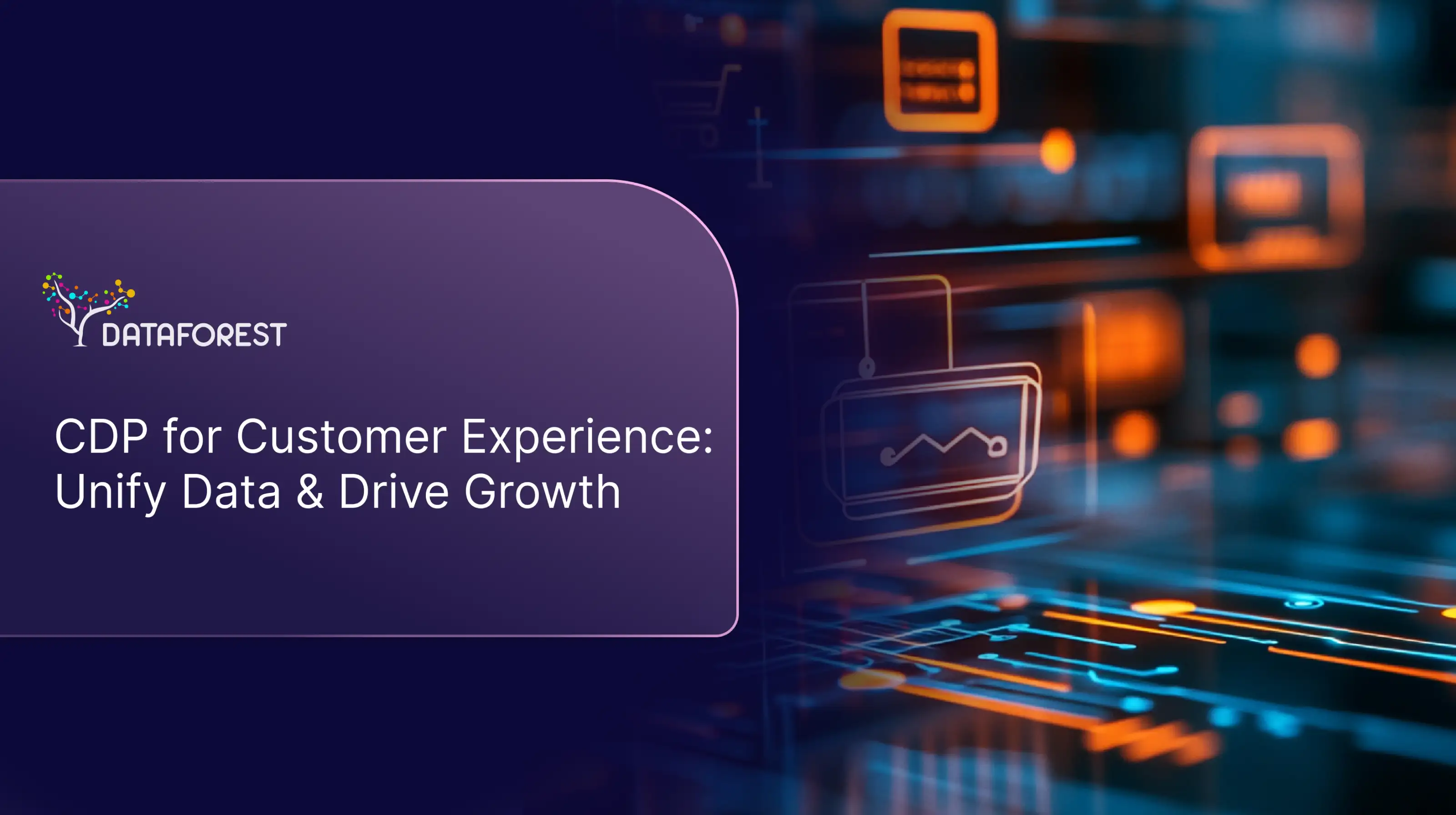Share
Table of contents:
AIOps (Artificial Intelligence for IT Operations) is the application of machine learning, big data analytics, and automation to streamline and enhance IT operations. It is designed to handle the growing complexity and scale of modern IT environments, which generate massive amounts of data from applications, infrastructure, networks, and security systems.
Where traditional monitoring tools can overwhelm teams with unfiltered alerts, AIOps ingests, correlates, and analyzes data in real time — surfacing actionable insights and, in many cases, triggering automated responses. This allows IT teams to reduce noise, resolve incidents faster, and predict problems before they impact users.
Core Components
Data Collection
AIOps begins with continuous ingestion of operational data from multiple sources, including system logs, performance metrics, events, network traffic, and cloud service telemetry. The ability to normalize and process this data at scale — often in real time — is a foundational capability of any AIOps solution.
Data Analysis
Collected data is analyzed using machine learning models and statistical techniques to detect patterns, trends, and anomalies. These analytics uncover hidden relationships between events, enabling IT teams to see beyond raw data and focus on root causes rather than symptoms.
Event Correlation
One of AIOps’ most powerful capabilities is event correlation. It groups related alerts into a single, meaningful incident, reducing alert fatigue and allowing IT staff to respond to issues holistically rather than chasing fragmented notifications.
Anomaly Detection
Machine learning models establish a baseline of normal behavior for systems and applications. When data deviates from this baseline, AIOps triggers alerts for potential performance degradation, security risks, or capacity issues — often before end users are affected.
Automation
AIOps can execute automated remediation tasks such as restarting services, scaling infrastructure, or triggering predefined workflows. This reduces manual intervention, speeds up mean time to resolution (MTTR), and minimizes the risk of human error.
Visualization and Reporting
Dashboards and reporting capabilities present real-time and historical insights in an accessible format. IT leaders can use these visualizations to monitor service health, track KPIs, and make data-driven decisions.
Key Functions
Incident Management
AIOps dramatically improves incident response by automatically detecting problems, correlating related events, and recommending or executing remediation steps. This shortens MTTR and helps prevent incident recurrence.
Performance Monitoring
Continuous monitoring of key metrics such as response time, throughput, and resource utilization ensures services meet SLAs. AIOps provides early warnings when performance begins to degrade.
Capacity Planning
By analyzing historical usage patterns, AIOps can predict future demand and recommend scaling strategies. This prevents both under-provisioning (risking downtime) and over-provisioning (wasting resources).
Predictive Analytics
Machine learning models can forecast upcoming performance issues or failures, giving teams time to act proactively. This predictive capability is especially valuable in dynamic, cloud-native environments.
Root Cause Analysis
AIOps tools streamline RCA by correlating diverse data sources to pinpoint the origin of issues, whether they stem from code changes, infrastructure failures, or network disruptions.
Benefits and Use Cases
Organizations adopting AIOps report:
- Reduced alert noise – correlated alerts lead to fewer, more meaningful incidents
- Faster resolution times – automated responses cut MTTR significantly
- Improved reliability – predictive analytics prevent outages before they occur
- Optimized resource usage – capacity planning reduces costs
Common use cases include cloud operations, where AIOps ensures performance across distributed resources; security operations, where it detects anomalous behavior and correlates threat data; and DevOps environments, where AIOps integrates with CI/CD pipelines to monitor application health continuously.
Challenges in AIOps Adoption
While AIOps offers significant advantages, organizations often face hurdles such as:
- Data Silos: Consolidating data from disparate tools and platforms can be complex.
- Solution Complexity: Successful deployment requires expertise in both AI/ML and IT operations.
- Cultural Shift: Teams must embrace automation and collaborative workflows between operations and data science teams.
- Model Accuracy: ML models must be trained on clean, relevant, and representative data to produce reliable results.
Summary
AIOps represents a transformative shift in IT operations, moving from reactive problem-solving to proactive and automated management. By combining big data analytics, machine learning, and automation, it allows organizations to handle the scale and complexity of modern IT ecosystems with greater speed and accuracy.
As businesses adopt cloud-native architectures, microservices, and DevOps practices, AIOps will continue to play a central role in maintaining availability, optimizing performance, and enabling truly intelligent IT operations.












